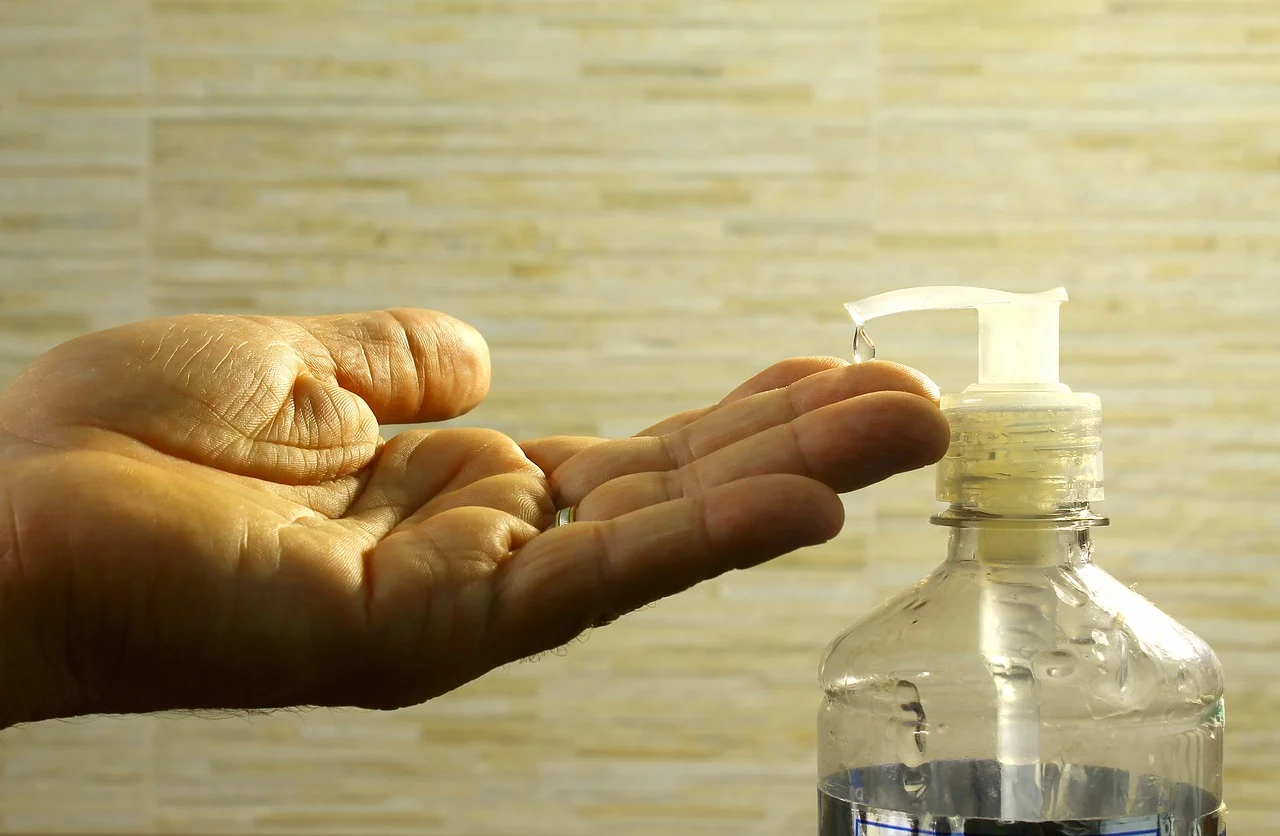Elderberries have long been in the limelight when it comes to their health-boosting properties. In fact, Healthline declared them to be “one of the most commonly used medicinal plants in the world”.
Now, researchers think they may have identified why this ancient remedy could help in the fight against the flu virus.
Elderberries’ Effect on Cold & Flu
Researchers studied the berries to find out which of the phytochemicals, the name for compounds that positively affect health, within elderberries can help to combat influenza infections.
To find out which of these compounds within the berries help fight off the flu, the researchers turned the berries into a “juice serum”, and applied it to cells at different stages – before, during, and after they had been infected with the influenza virus.
As a result of this testing, the researchers discovered that the elderberry phytochemicals did help to stop the virus from infecting the cells. However, they were found to be even more effective at stopping the early stages of an infection, due to blocking some of the key viral proteins responsible for the way that viruses attach and enter host cells. One of the study participants commented: “This observation was quite surprising and rather significant because blocking the viral cycle at several stages has a higher chance of inhibiting the viral infection.”
Another researcher said that the study also found that the serum made from elderberries encouraged cells to release certain cytokines – chemical messengers used by the immune system to communicate between different cell types. This communication helps the cells to coordinate a “more efficient response” against invading pathogens, showcasing another potential benefit.
Other Health Benefits of Elderberries
Elderberries, which can be found in Europe and North America, are deep purple berries which can be toxic if not cooked fully. Research has shown that the berries could have many potential health benefits, including protecting against harmful UV rays if applied to the skin, and containing cancer-fighting properties. Many of these studies have shown promising results, although it is important to remember that further large-scale human studies are needed before these alternative medicines can be adopted into medical best practice. There is also often a lack of information around the efficacy of homemade remedies, compared to commercial products, which is worth keeping in mind.
Example: As you shouldn’t take antibiotics for a cold & flu [link to blog] elderberries can offer a more natural way to aid in the protection and recovery of having the flu
If you are concerned about any symptoms you may be experiencing, or are looking for potential treatments for illnesses, it is recommended that you seek advice from a qualified medical professional – such as a doctor or pharmacist. They are best placed to offer advice on the best course of action.
If, like us, you’re interested in finding more ways to help eradicate the negative impacts experienced due to the common cold and flu virus, then why not see if you can help? Apply to be an Everyday Hero today, or find out more about our mission.
















